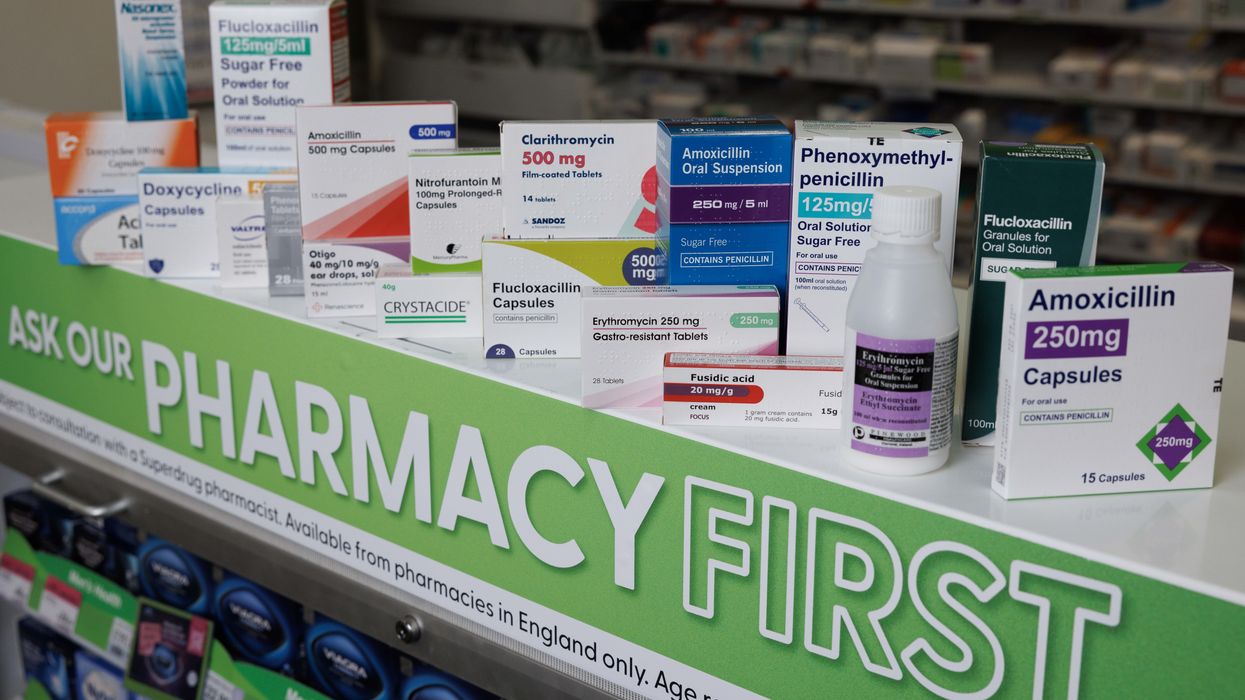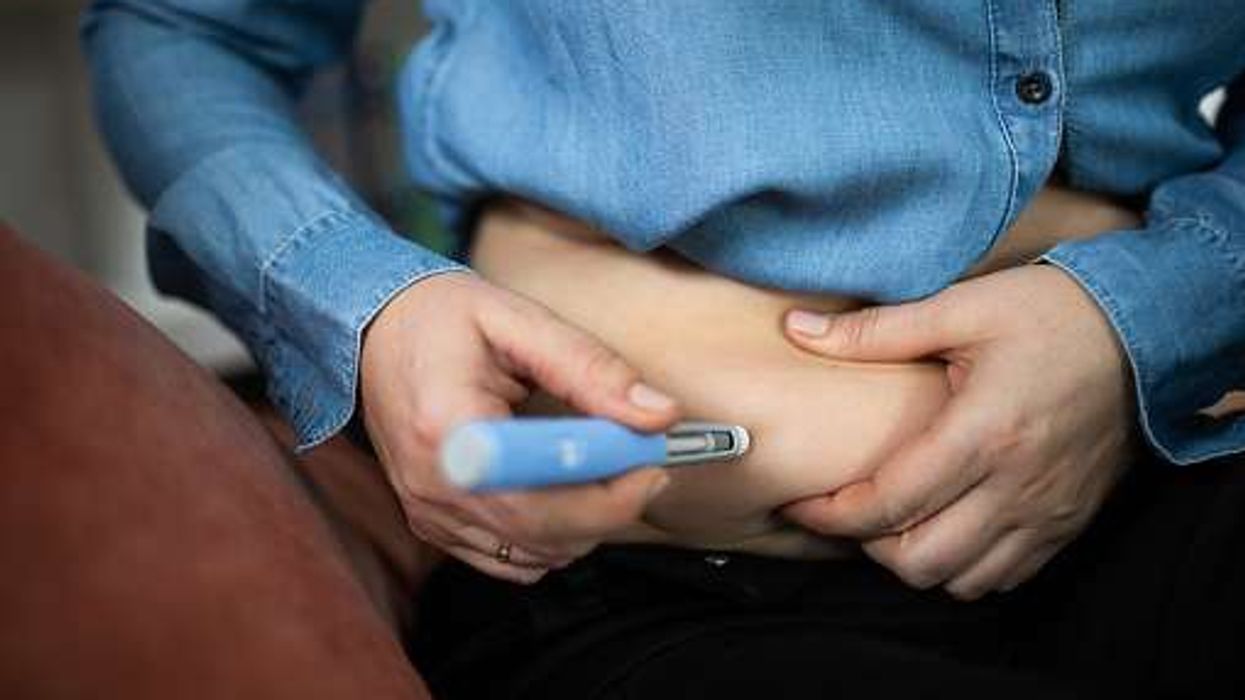The Pharmacists' Defence Association (PDA) has called for further steps to end violence against pharmacists.
PDA’s latest call follows zero tolerance approach adopted by the community pharmacy sector.
The association has welcomed the sector’s approach against assault and is now calling the whole sector to work together with the union to deliver the next steps in a bid to end violence against pharmacy professionals.
The union has said in a statement: “…nobody should accept being abused, being threatened or being assaulted as part of their job, yet somehow for too many, too often that is the attitude that has been able to develop.”
It further noted: “Every time violence has been accepted, and the aggressor has avoided any consequences to their actions it has condemned colleagues to greater risk of reoccurrence. This cycle must stop now.”
The Health & Safety Executive (HSE) defines violence as “any incident in which a person is abused, threatened or assaulted in circumstances related to their work”.
The union has highlighted the fact that the sector needs to ensure that the public understand there is a genuine 'zero tolerance' of any form of violence in all community pharmacies.
The PDA encourages pharmacists to display posters against violence, which is now endorsed by the National Police Chiefs Council, in their respective pharmacies.
It urges pharmacists to alert the union if their employers acted to the contrary of the stated commitments against violence.
The PDA is calling on the whole pharmacy sector to work with the union to secure five measures including:
1. A zero-tolerance policy for violence towards staff working in a pharmacy, including verbal, sectarian or racist abuse directed towards pharmacists and pharmacy staff.
2. A requirement for every pharmacy owner to undertake a risk assessment at individual premises level and publish a clearly-defined statement on the risk of violence.
3. Measures appropriate to the situation, as identified by a risk assessment, are implemented to reduce the risks of violence.
4. Funding for security measures from the government to assist pharmacy contractors with their implementation.
5. Regulatory standards which place more robust requirements on pharmacy owners, superintendents, chief pharmacists and managers to ensure the safety of staff.
The Union has claimed that its campaign against violence has secured a significantly increased profile in these last few weeks.
“We have now obtained commitments from all major national community pharmacy employer organisations towards a zero-tolerance approach,” PDA states.
The National Pharmacy Association, who had already been promoting zero tolerance to their members for some time, have said: “The NPA has zero tolerance for violence or other forms of abuse in pharmacies. The safety of pharmacists and pharmacy staff should never be in question.”
The Association of Independent Multiple Pharmacies has said: “AIM has always supported the zero tolerance of violence in pharmacies and our members take this matter very seriously.”











